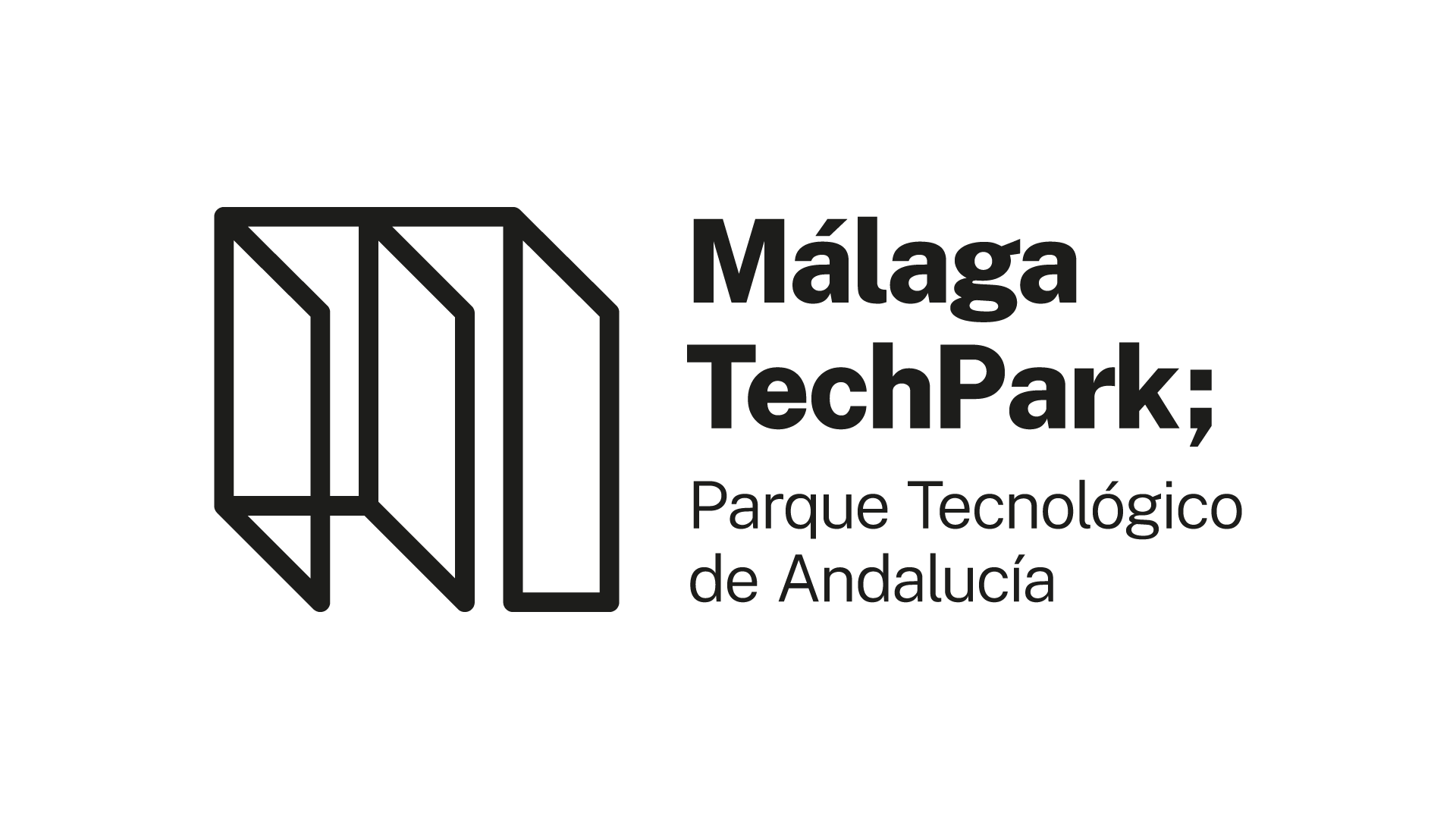- The project is progressing confidently to enhance education and vocational training for the future by introducing new profiles in the Industry 4.0 environment.
The project is progressing confidently to enhance education and vocational training for the future.
An innovative competence framework has been specifically developed for Vocational Education and Training (VET) schools, teachers, institutions, and other organizations aiming to foster skills aligned with the demands of Industry 4.0. This effort seeks to align the identified professional profiles with the national vocational education and training curricula, ensuring that students are well-prepared for future challenges.
The competence profiles which has been defined are as follows:
- P1 Additive Manufacturing Technician.
- P3 Cad/CAM Designer.
- P4 Automation technician for Industry 4.0.
- P10 Robot machines technician for Industry 4.0.
These profiles represent key roles within the Industry 4.0 environment, each with specific skills and knowledge requirements.
To support these profiles, modules focused on them are being developed. Then, the team’s effort will be centered on producing digital twins also based on the identified profiles. Digital twins are precise virtual representations of physical processes, products, or services that allow performance simulation and analysis in a digital environment. This approach enables students and professionals to gain practical experience and essential technical knowledge through realistic and advanced simulations.
The final application aims to be compiled and served on the web, allowing any server to run it as an accessible application for everyone. This ensures greater availability and flexibility in competence training, reaching a broader audience and facilitating access to innovative educational resources.
Finally, the second newsletter will be published in June, which will provide updates on the project’s progress, advancements in the creation of modules and digital twins, and other relevant aspects.
To stay updated on project developments, please visit the project social media pages (Facebook and Linkedin).

